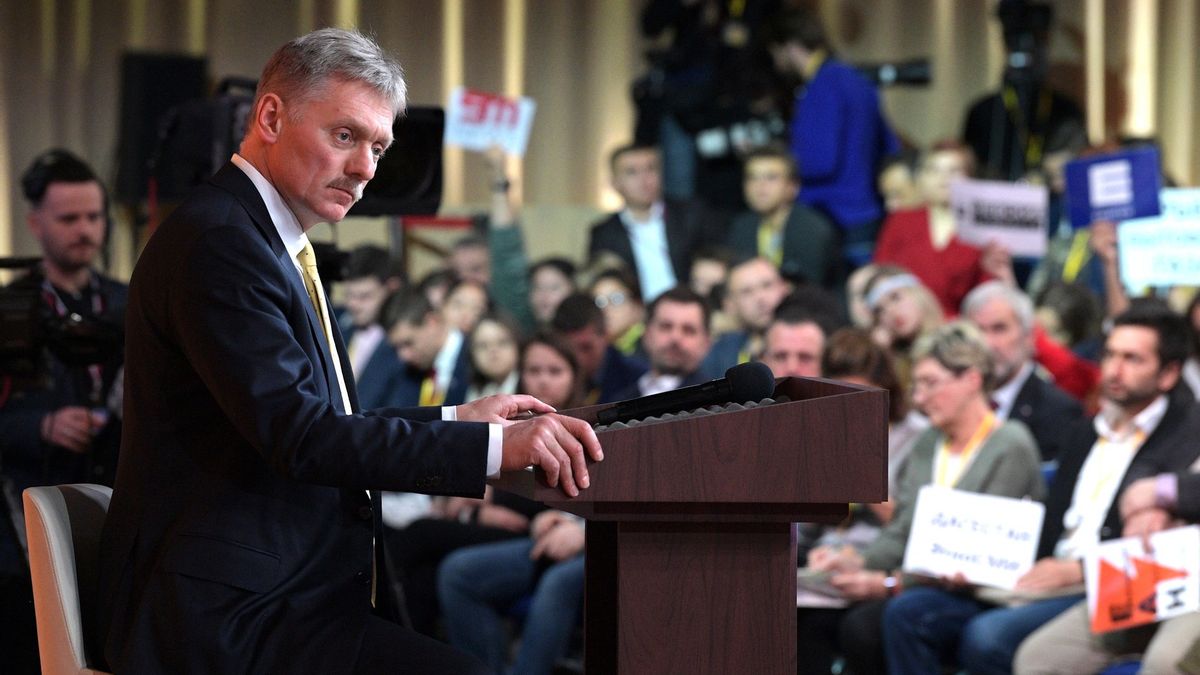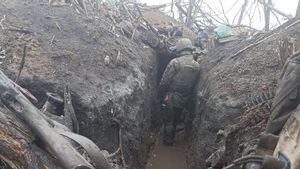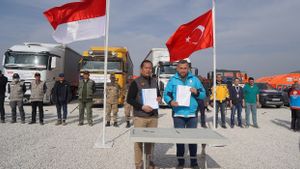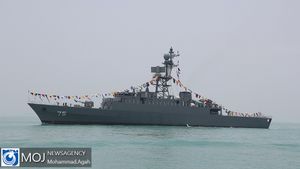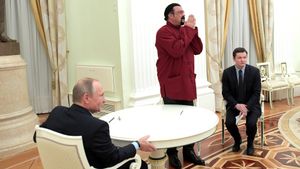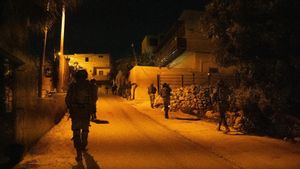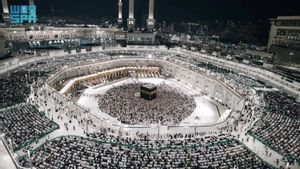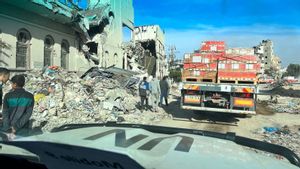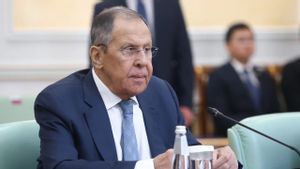JAKARTA - Russia will not resume participation in the START nuclear arms control treaty with the United States, until Washington listens to Moscow's position, Kremlin spokesman Dmitry Peskov said in a statement on Tuesday.
Russian President Vladimir Putin last week issued a stern warning to the West about the war in Ukraine, announcing Russia's decision to suspend participation in the News START treaty, after accusing the West of being directly involved in an attempt to attack its strategic air bases.
In an interview with the Izvestia daily, Dmitry Peskov said the collective attitude of the West led by the United States towards Moscow needed to change.
"The security of one country cannot be guaranteed at the expense of the security of another," Peskov said, launching Reuters 28 February.
He further said that NATO's move to arm Ukraine has made the bloc no longer just an opponent in certain situations, but has become an enemy.
When asked under what circumstances Russia would return to the agreement last week, Kremlin spokesman Dmitry Peskov said: "Everything will depend on the position of the West... When there is a willingness to consider our concerns, then the situation will change."
It is known, the 2010 New START Treaty limits the nuclear warheads that each country can deploy to 1.550, while the missiles and heavy bombers that can be deployed are up to 700.
The suspended agreement gives each party the right to inspect each other's weapons sites, although visits have been halted since 2020 due to COVID-19 and the Ukraine war, obliging both parties to provide detailed notification of the quantity, location and technical characteristics of the weapons. their strategic nukes.
VOIR éGALEMENT:
In addition, each side must notify the other, for example, when an intercontinental ballistic missile will be removed from a production facility.
According to the US State Department, the two sides have exchanged more than 25.000 notifications since the agreement entered into force in 2011.
Meanwhile security analysts say the potential collapse of this agreement, or failure to replace it when it expires in 2026, could trigger a new arms race at a dangerous time, as President Putin increasingly describes the Ukraine war as a direct confrontation with the West.
The English, Chinese, Japanese, Arabic, and French versions are automatically generated by the AI. So there may still be inaccuracies in translating, please always see Indonesian as our main language. (system supported by DigitalSiber.id)
